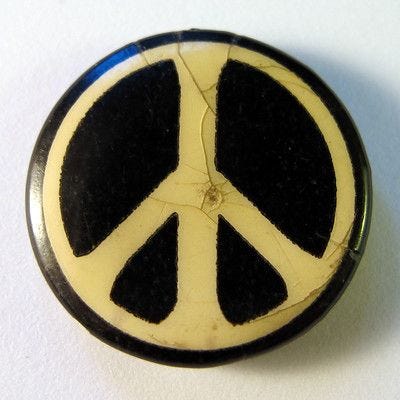
Many back-to-the-land families had been living a nomadic life during the 1960s and by the 70s, it was time to establish roots. I asked participants why they relocated to the rural redwood community.
“Finding a place to settle down and put our children in school, building our home, creating a homestead.”
“Being vital part of community of like-minded, intelligent, creative people.”
Respondents were unanimous in finding Comptche a wonderful place to grow up.
The children of the established old-timers were happy to have new kids in the area:
“In 1970 I was sixteen. I thought it was great, new people moving in.”
“I thought Comptche was going to die because the mill was gone. Then, there were new people coming in—artists, musicians.”
“For a long time there were so few of us... and we all lived far apart.”
Most of the children in Comptche lived a fair distance from one other. It’s redwood country. We reached one another on foot, horse back, motorbike, and hitch-hiking. Girls rode horses and boys rode motorbikes then motorcycles as teens. Very few people rode bicycles, likely because many families lived out long dirt roads, and mountain bikes were in the future.

Two newcomers who were kids wrote about obnoxious incidents, one was “hippie” harassment and one was resentment by “rednecks”:
“I was 4, walking across a field with my mom and we were ‘playfully’ shot at by a redneck, who later said he was not aiming at us.”
Another respondent wrote about when he was five, hitch-hiking to town with his mother and sisters, they customarily walked until someone stopped to offer a ride.
“We walked past the Grimes Ranch and a bunch of redneck dudes were out there practicing rodeo, so we stopped to watch, it was kinda cool. When they saw us watching, they yelled, ‘This ain’t fer you hippies! Git on down the road!’”
An old-timer who raised her family between the 1950s and 1970s in Comptche brought up a notorious incident at the grade school about a hippie girl who came to school without underpants. Dropping the kids off, the bus driver noticed a girl without underwear, a major cultural violation, but not to hippies who practiced nudity. The girl was boarded back on the bus and driven home, where her mother was reprimanded and informed about decency and dress code. Appropriately attired, the bus driver marched the student back on the bus and returned her to school.
This is a good example of the double-standards, sometimes difficult for hippie kids to navigate . At home we were free from rules, duties, and boundaries. Older kids cussed and little kids ran around naked. But at school or in the presence of “square” people, we were expected to conform to different standards. We grew up in bi-cultural homes.
Up next: Children Cause Change
References for this post:
This is original research. For use, please credit:
Spicer, Lisa Gruwell, 2012. Finding Common Ground: When the Hippie Counterculture Immigrated to a Rural Redwood Community. Western Washington University.





